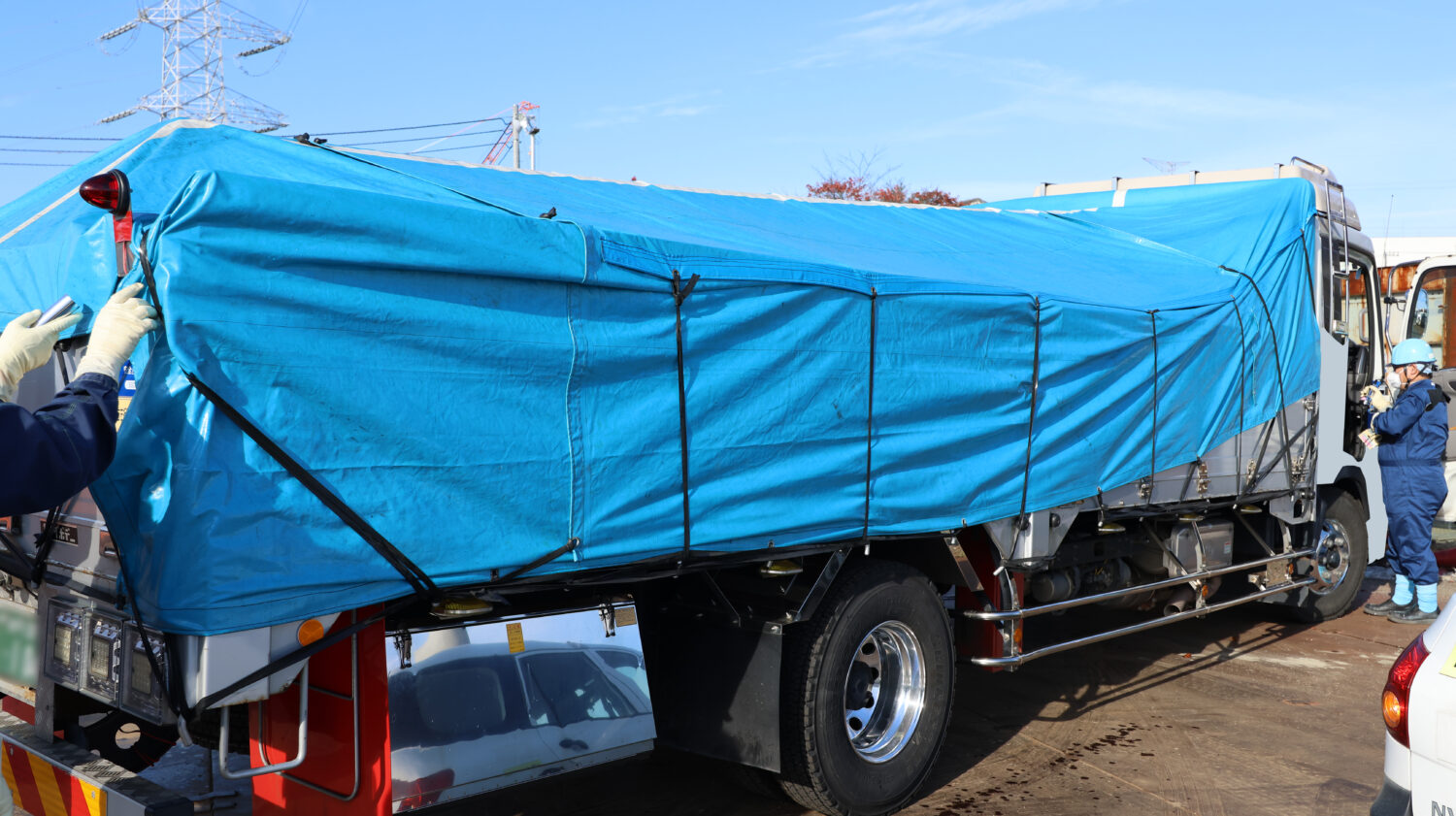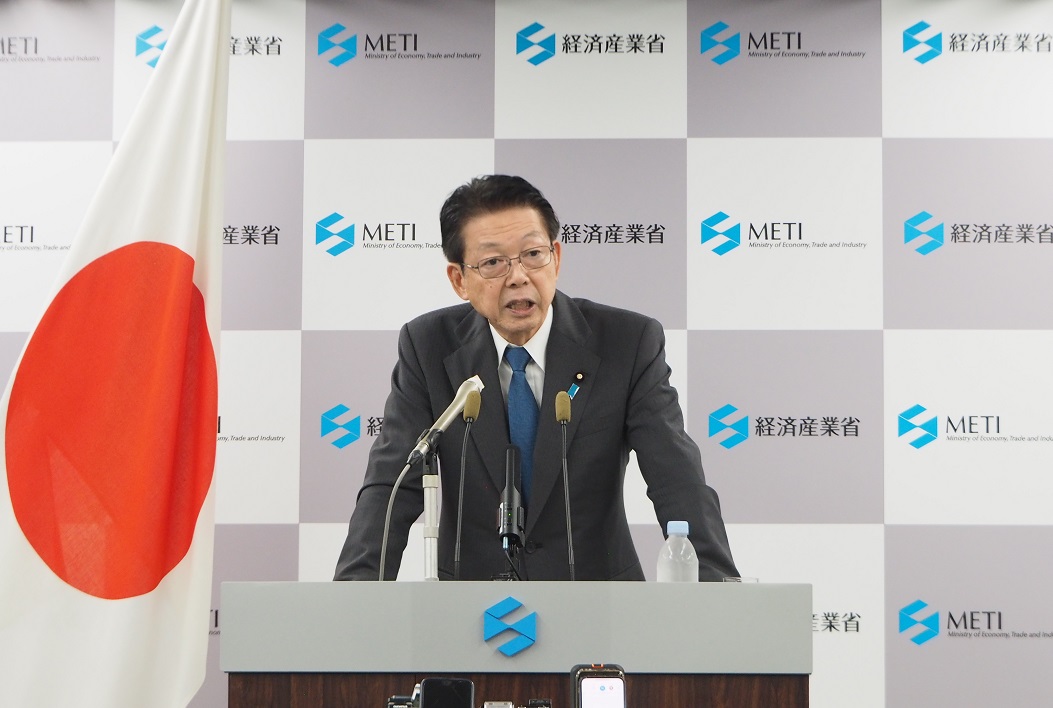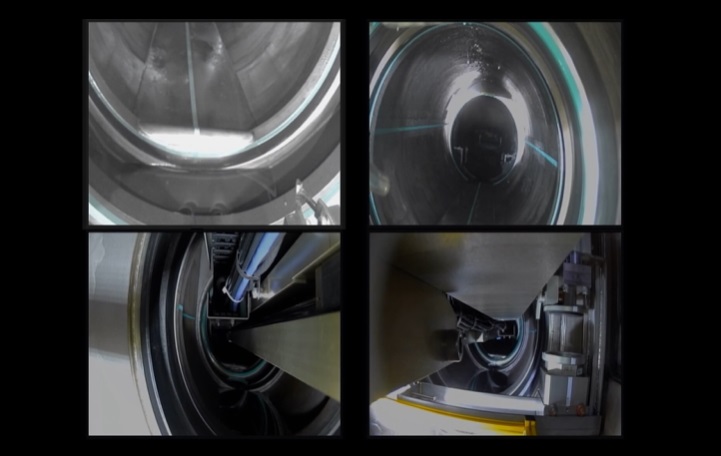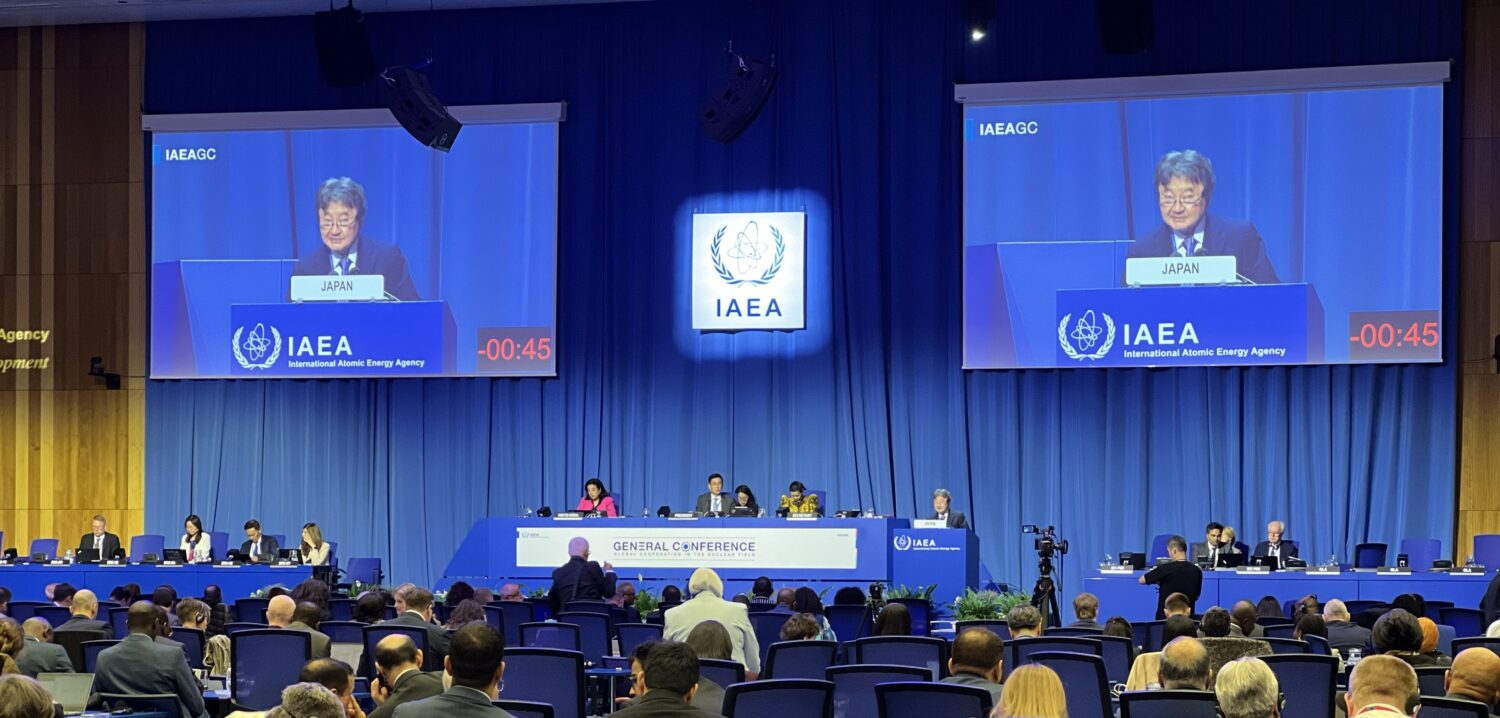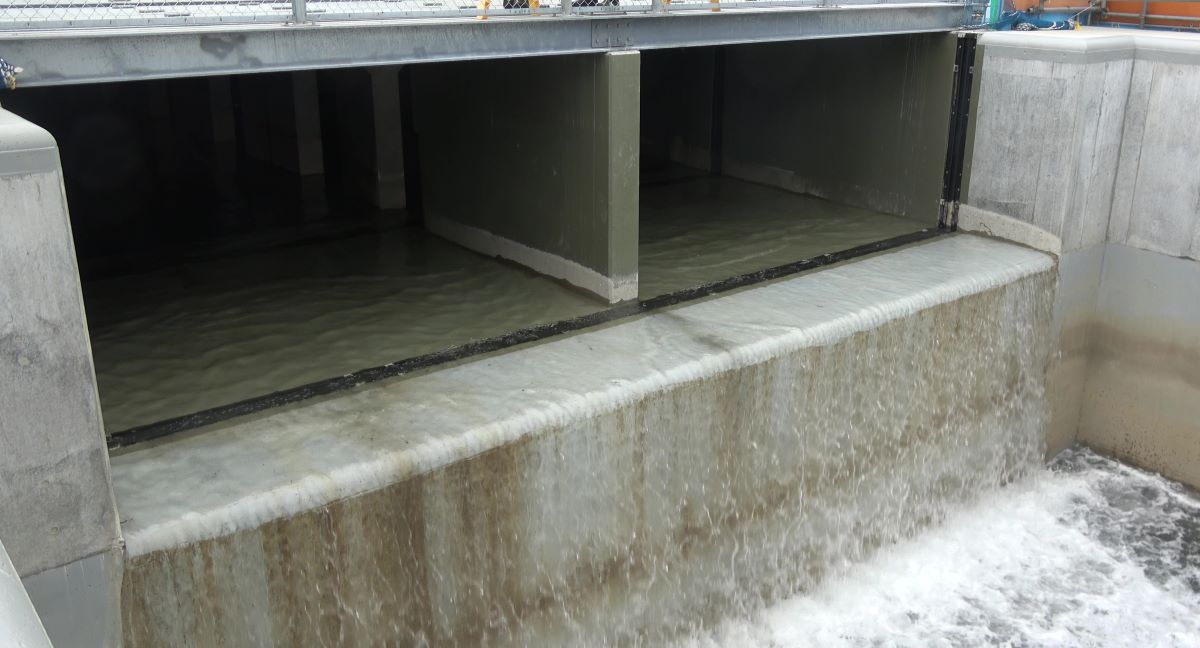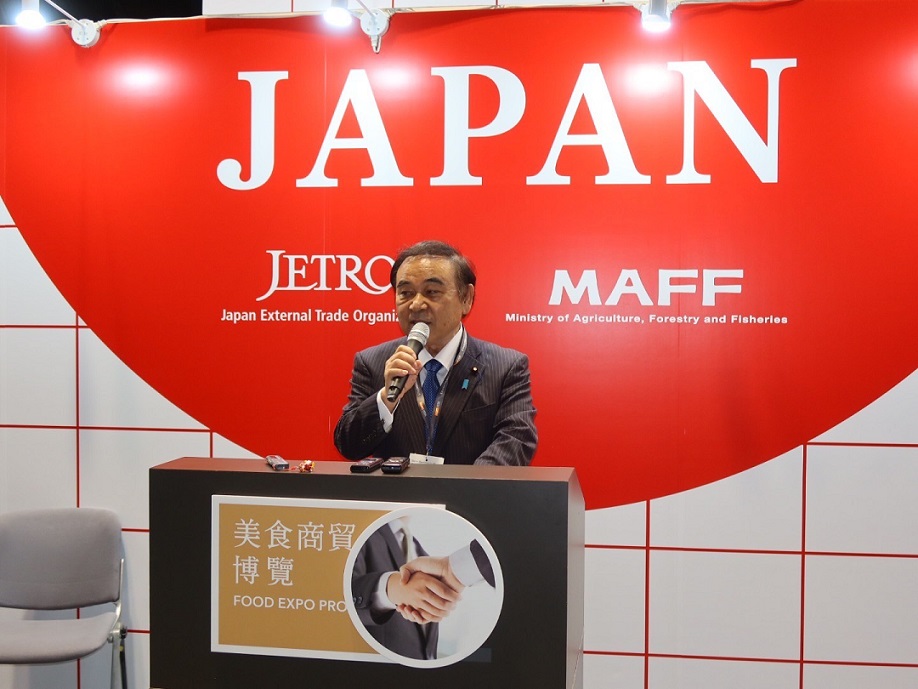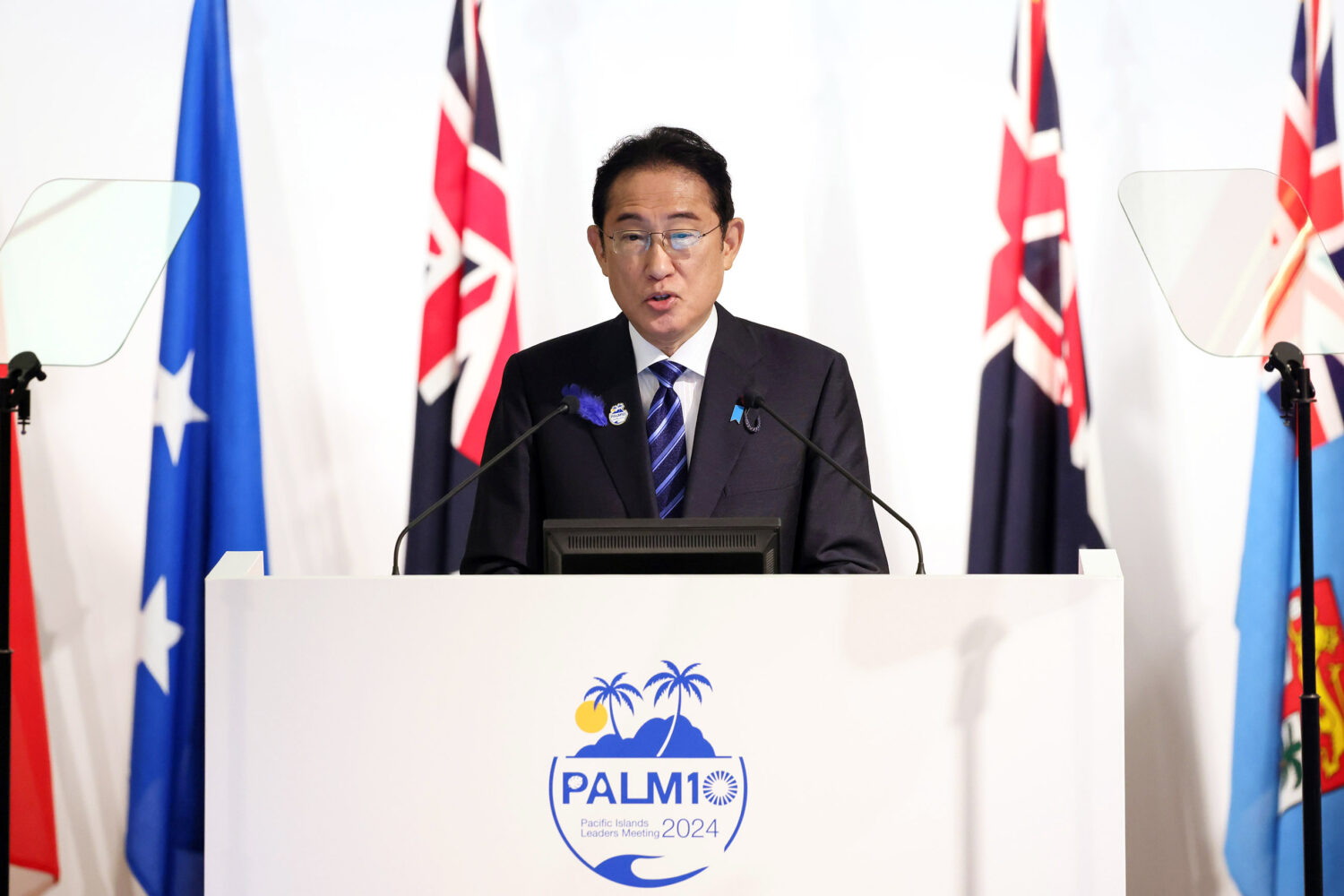Meeting the press on October 5, the new METI minister emphasized the links between the administration of education and science, on the one hand, and of economy and industry, on the other, saying, “Developing human resources and teaching people to master technology results in industrial growth. Without innovation, no new industries emerge.”
Referring to MEXT’s successful Global and Innovation Gateway for All (GIGA) school program to promote information and communication technology (ICT) in education, Hagiuda expressed his hope that he would be able to “work seamlessly on the creation of an environment encouraging human investment and innovation in industry.”
Meanwhile, toward the restoration of the Japanese economy in the face of the ongoing COVID-19 pandemic, the new minister mentioned the promotion of human investment and innovation in such fields as bolstering green, resilient, digital societies, where growth can be expected.
Referring to the new Kishida administration’s newly-created position of economic security minister—filled by Lower House LDP member Tatsuki Kobayashi (46)—Hagiuda stressed a desire to cooperate so as to “realize a new economy untethered to conventional thinking.”
He also reiterated his recognition that Fukushima reconstruction was the issue with the highest priority in METI, saying that he would focus his efforts on measures for (1) decommissioning, (2) contaminated water, (3) the handling of treated water, and (4) lifting the evacuation order, issued in the wake of the accident at the Fukushima Daiichi Nuclear Power Plants (NPPs) for the zone described as “the area where residents will not be able to return home for a long time.”
Regarding energy policy—with the major premise of “S+3E” (safety, along with the conventional three E’s of energy security, economy and environmental protection) and toward achieving the goals of carbon neutrality by 2050 and bringing about a 46% reduction in CO2 emissions by 2030—the new METI minister said that Japan would have to exert its “full efforts.” He said that he would pursue intensive energy conservation, the maximum introduction of renewable energies, and the restart of NPPs, with safety as the top priority.
As for the nuclear fuel cycle, Hagiuda said that he would adhere to established government policy and work from the viewpoints of volume and toxicity reductions for radioactive waste and the efficient use of resources.
Meanwhile, speaking about the concerns of Fukushima residents about TEPCO’s basic attitude—given the company’s recent inappropriate approach to the physical protection of nuclear materials, and now that treated water at the Fukushima Daiichi has become an immediate issue—the new minister acknowledged that distrust had not been dispelled, and that METI would squarely face the people of Fukushima and endeavor to deepen their understanding. He stressed the need for the national government to “come to the fore” in fostering a regional understanding of nuclear policy.
Toward the issuance of the new Strategic Energy Plan, Hagiuda said that the national government would aim for a final Cabinet decision, taking public comments into consideration (the period for which already ended on October 4) prior to COP26, to be held in Glasgow, Scotland, from October 31 to November 12. He added, “With less than a decade left until 2030, the government will strive to implement the plan early.”




